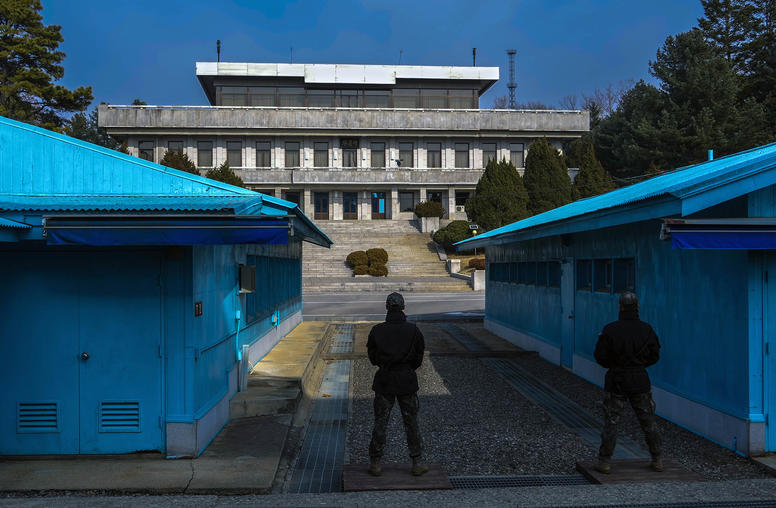A Framework for South Asian Peace and Security
Senior Fellow Project Report
Ambassador Salman Haidar served as India's Foreign Secretary under the government of Prime Minister I. K. Gujral in 1995-7. During that time, he was a key figure in negotiations over issues that had troubled India's relations with regional neighbors for decades.
Pursuing a set of principles that came to be known as the "Gujral Doctrine," India signed breakthrough agreements about hydroelectric power with Nepal and shared water management with Bangladesh. Similarly, India undertook meaningful negotiations with China over the line of actual control along the Sino-Indian border and lasting ground rules with Pakistan for dialogue about a broad range of contentious issues between them.
Ambassador Haidar will discuss the general approach adopted during these important negotiations, some of the pitfalls and dilemmas encountered along the way, as well as the doctrine's ongoing significance for India's regional relations.
Speakers
- Ambassador Salman Haidar
Senior Fellow | U.S. Institute of Peace
Archived Audio
To listen to audio or to view video, please click on the links provided below. You also can right click on the links and choose "Save Target As" or "Download Linked File." This will save the file to your computer and then allow you to play it in your media player directly. More Audio Help.
- Listen to the audio from this event.
1:07:45 - 15.5MB





